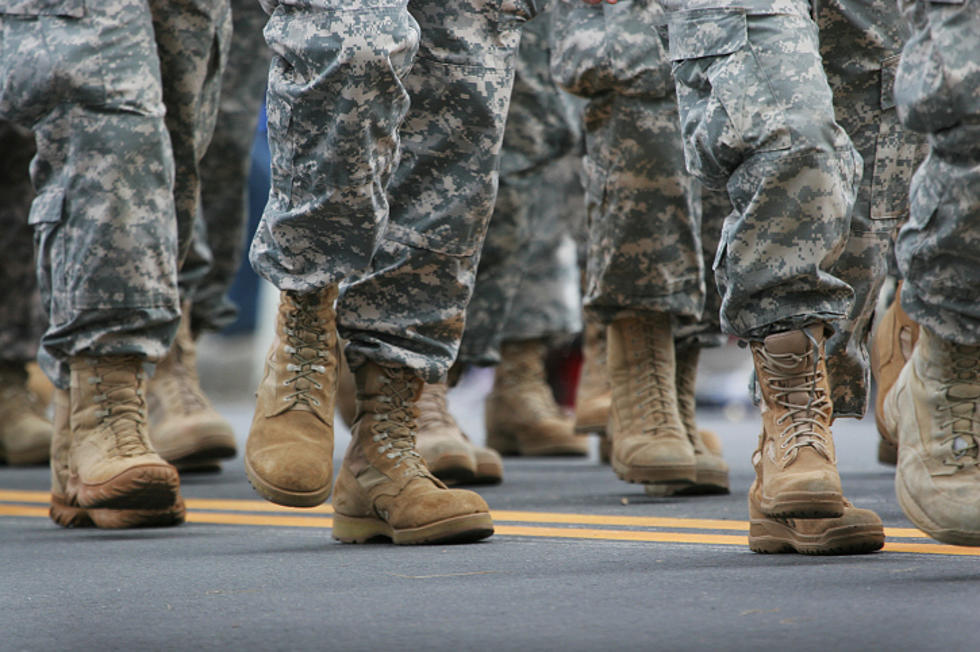
Report Shows Kids At Risk Of Lead Poisoning In Fort Bliss Housing
A new report out by Reuters states that kids in Army housing are allegedly at risk of lead poisoning on many Army bases, including Fort Bliss. According to a new special report out by Reuters this week, medical data showed that kids living in on-post housing suffered from harmful levels of lead poisoning on some Army bases. 31 children at Fort Benning tested positive for harmful levels of lead poisoning. The investigation found that the children were exposed while living in military housing on base. Inside the homes on base, lead-based paint was found, as well as dust and peeling parts of the paint that have come off of the homes. The report highlights Fort Benning, but also includes Fort Polk, Fort Riley, Fort Hood, Fort Knox, United States Military Academy at West Point as well as Fort Bliss here in El Paso.
The report states that from 2011 to 2016 1,100 children tested above the Center For Disease Control's elevated lead level threshold. There were at least 77 cases high blood-lead tests for children living in army housing on Fort Polk in Louisiana, Fort Riley in Kansas, and Fort Hood and Fort Bliss in El Paso, Texas. Most states, including Texas, require the reporting of lead testing results to state health authorities.
According to the CDC, "experts now use a reference level of 5 micrograms per deciliter to identify children with blood lead levels that are much higher than most children’s levels." Under federal law, lead-based paint contains 0.5% or more lead by weight, and lead-based paint has been banned in the US since 1978. Many older homes though still contain lead paint on and off military bases. As the homes get older, the lead-based paint starts to chip and peel away, which can be swallowed or inhaled by young children.
When contacted by Reuters, Army spokeswoman Colonel Kathleen Turner said that the Army conducts annual visits to housing and comply with all recommendations of the CDC and the American Academy of Pediatrics regarding children with high lead tests results:
“We are committed to providing a safe and secure environment on all of our installations and to providing the highest quality of care to our service members, their families, and all those entrusted to our care.”
Read more about this report at the Army Times and the investigative report at Reuters.
More From Rock 108




![Even Army Vehicles Can’t Handle This Much Water [VIDEO]](http://townsquare.media/site/142/files/2011/08/Army.jpg?w=980&q=75)




